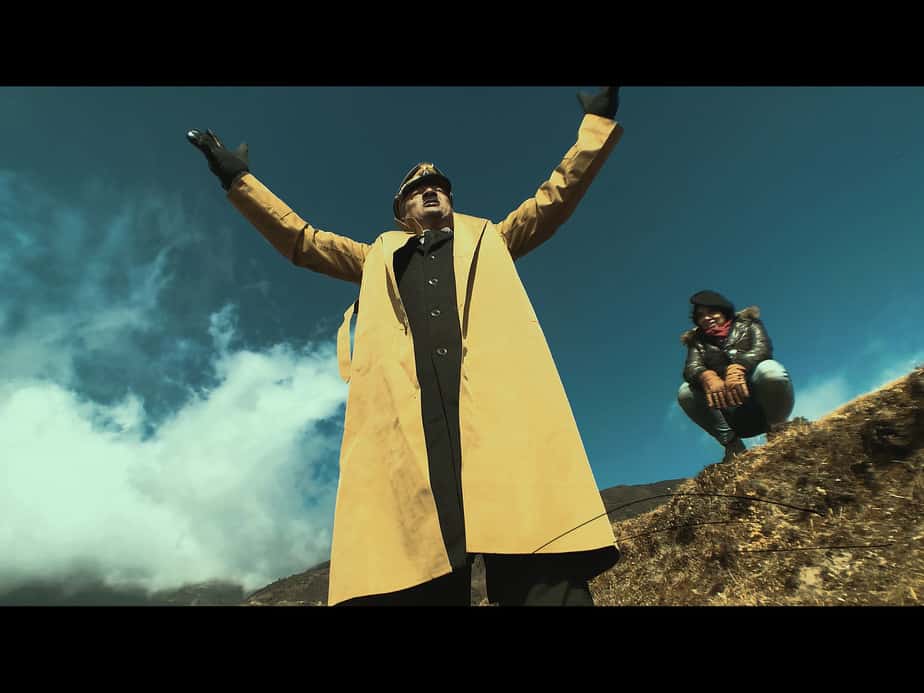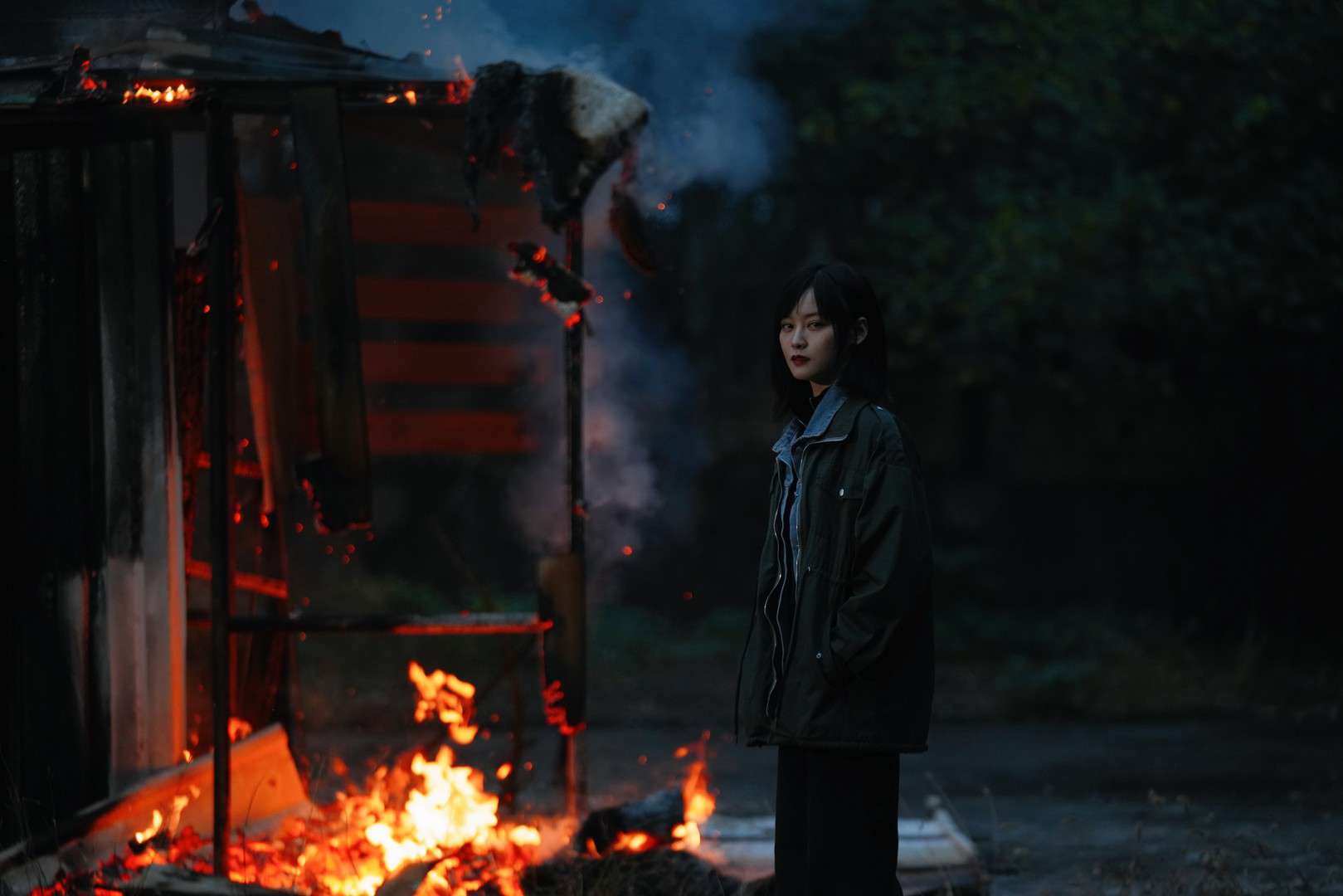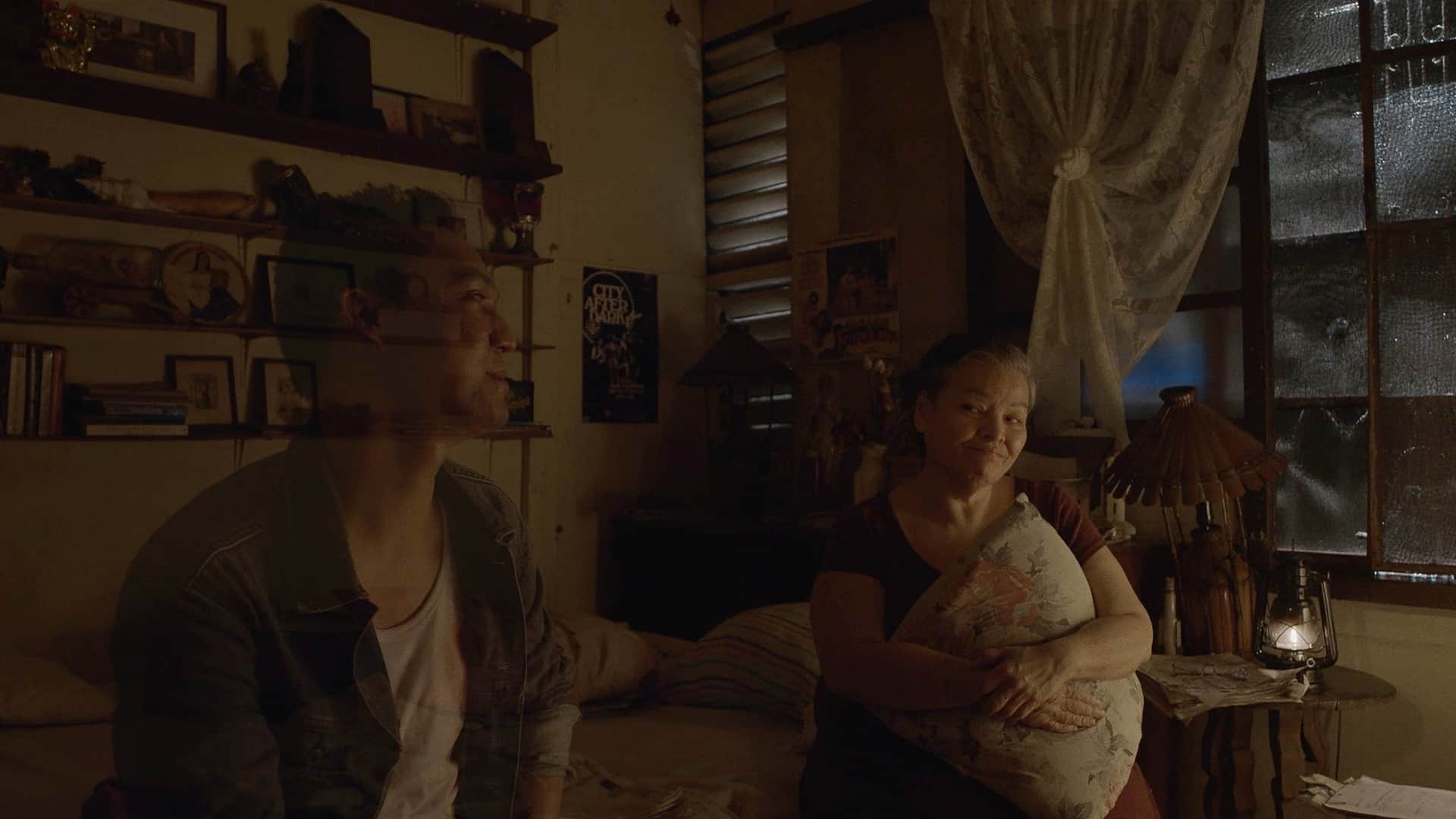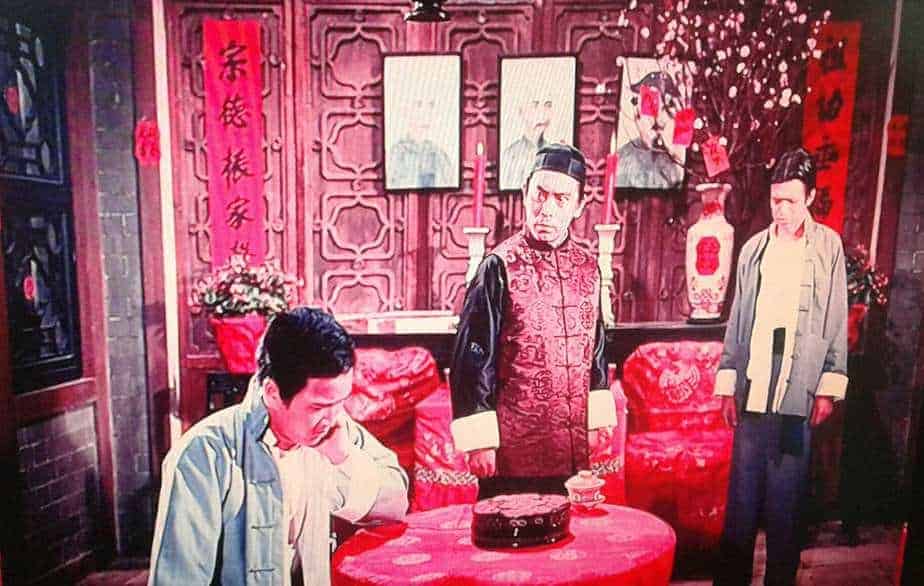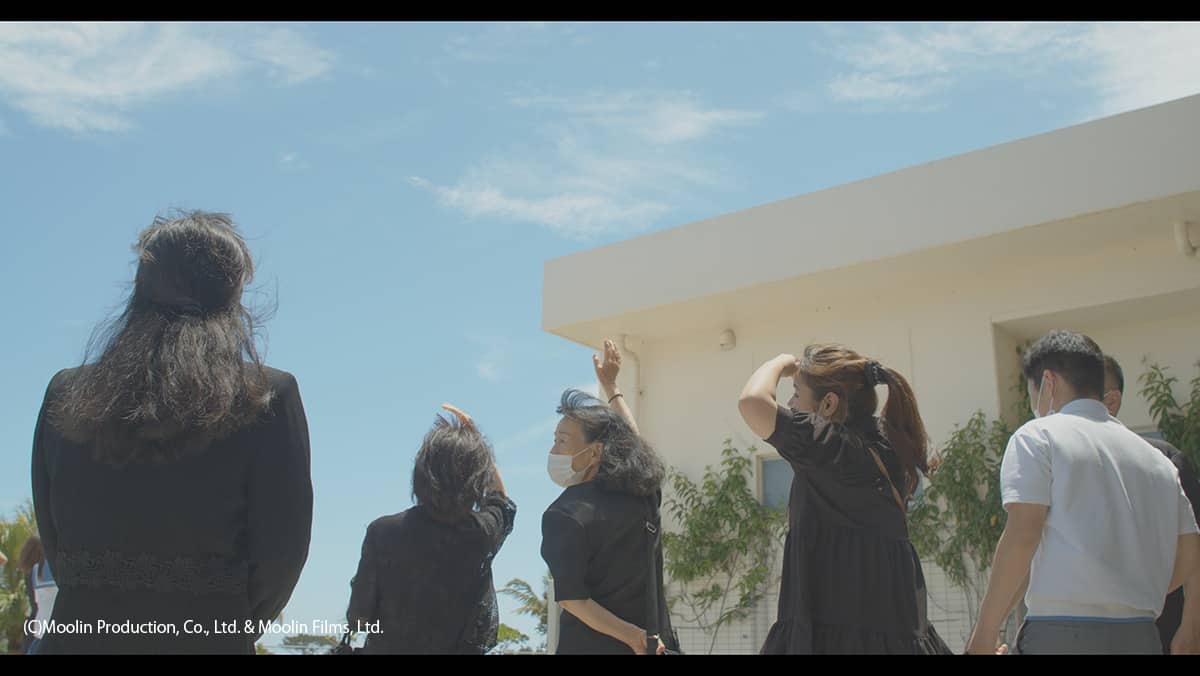With the majority of the world currently in lockdown thanks to a pandemic, we have come to witness the suspension of civil rights as a means to keep people at home or commute less in order to stop the spread. While everyone understands the concept, it is in times like these we witness the true value of leaders, those unwilling to listen to scientific evidence or those welcoming the suspension of rights which will only manifest their own position of power in their respective country or dominion. It is in the light of a global crisis we may see something far more dangerous come to live, which will still be there when the virus is already gone and forgotten, which is why a movie such as Ilmaz Syed's first feature film “Hitler Upside Down” can be interpreted as a warning reaching far beyond the borders of its director's home country of India.
In an unspecified future, Adolf Hitler (Santilal Mukherjee) has managed to escape from the underworld and made his way to India. Wandering a deserted mountain road, he eventually is picked up by a driver and strikes a conversation with the other passenger, a woman named Tara (Mishka Halim). While he tries to get her to support him and his views, he tells her about his search for a mysterious ship which will eventually save him from the end of days. However, the girl does her best to resist his argument, confronting him with his monstrous nature and past, whereas Hitler begins to realize his quest is far greater than he anticipated.

For those familiar with the short movies of Ilmaz Syed, you will certainly find the same kind of political message in his first feature film. Thematically, you get the feeling of a world which is on the brink of being re-captured by evil forces, monstrous dictators that have already managed to turn people against each other, like Hitler tries to do with Tara. In particular the concept of the dictator's narrative may strike an audience as quite interesting as it mirrors the kind of of narrative smoke-screen designed to make people believe in the authority of the fuhrer-figure. In that regard, Santilal Mukherjee's performance manages to capture the sense of madness and conviction in the dictator, one who cannot help but spin a yarn of stories to hopefully capture his listener, even though he finds himself challenged by Tara who is not easily convinced by his tale and sees through his real aim in this world.
Similar to his short features “Aadhira” and “Godhulibela” Syed constructs a metaphorical landscape in order to emphasize the allegorical nature of his film. Additionally, the setting of the Himalayas highlights the otherworldly feeling of the images, how the story takes place in a realm between reality and the hereafter. While directed at the current state of Indian politics and the policies of its leaders, the overall concept of the film reflects a very current trend, one which has been building up for years when it comes to the rise of fascist politics and we cannot see the obvious anymore.
In the end, “Hitler Upside Down” is an interesting, experimental first feature by director Ilmaz Syed, one which underlines his status as a politically committed filmmaker. This is not an easy film to watch, and some of the scenes may outstay their welcome at times, but the overall message is quite urgent and will hopefully resonate with many viewers.


